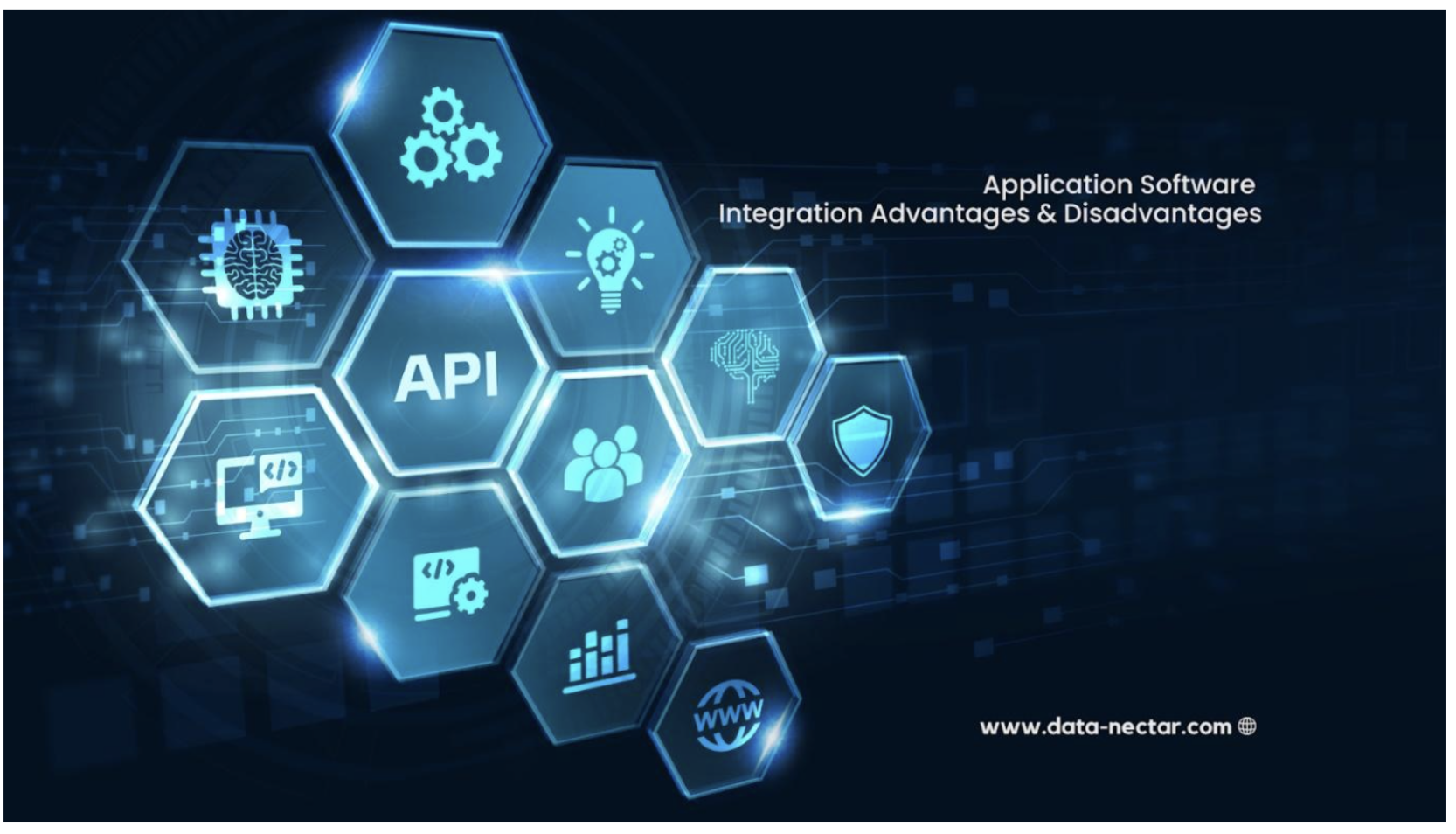
Many different kinds of system integration use a variety of infrastructures ad application software to cater to businesses of varying sizes and sorts. Some answers convey information across distinct subsystems, while others construct a robust database through an integrated network. There are many ways businesses can integrate systems, each with its own set of benefits and drawbacks. Partnering with an integration expert like MindCloud can offer tailored solutions to enhance the efficiency and effectiveness of your system integration strategy.
What is Application Software?
Application software is a category of computer programs designed to carry out a single, defined duty for the computer’s owner. This software can function autonomously or in tandem with other programs.
System software is also utilized to perform OS activities like booting and controlling the OS. In contrast, application software handles duties that aren’t directly related to the OS but are nevertheless important to the end users.
Application Software Benefits
The below lists the benefits of using application software.
-
Increased efficiency
Among the many advantages of system integration techniques is their functionality, which includes smooth daily operations, effective internal and external communication, smooth coordination with subcontractors, easy procurement, and rapid response to client demands.
-
Automation
Managing the supply chain manually is a time-consuming and labour-intensive process. With the help of an integration system, this task may be automated, greatly reducing the potential for human error and the time needed to format data. Employees can devote more time to the company’s essential functions.
-
Better Results
Employee efficiency is boosted when applications are unified. The lesser time employees spend re-entering data into several systems, the better. They will have all the resources they need at their fingertips without wasting time switching between different systems.
-
Seek Support
The widespread use of application software means that any user encountering a mistake can look for a solution if using application management services. Software providers have created online support forums to serve their customers better. Users that need assistance can visit user forums or the software’s main website.
-
Ensures Security
The use of applications increases your safety. For instance, application software typically includes additional built-in security that can stop hackers from harming their software even if your computer is compromised.
-
Cost Efficiency
Among the many benefits of system integration techniques is the minimization of time spent on mundane, repetitive work. As a result, fundamental processes are carried out more effectively while consuming the same resources. This helps you avoid wasting money on useless things.
Disadvantages Of Application Software
Challenges that come with using application software include:
-
More time to build
It takes more time to develop application software. This is because software engineers and end users are in constant contact with one another. Depending on the nature of the complaints, customers may request that you either Solve the problems or add new functionality to the program. In addition, users may be dissatisfied with the program because of its aesthetics. This means more time spent by developers creating the software.
-
Security
Due to the volume of data that is processed during system integration, sensitive information may be compromised. That’s why it’s crucial to implement stringent safety checks while writing code.
-
Investing In Development Is A Costly Endeavor
Because of the increased effort required to create most application software, clients can expect to pay more. In addition, the overhead costs of running a software development company—such as renting an office, paying employees, and purchasing supplies—inevitably translate into a higher retail price.
-
Post-Launch Errors
There is a higher probability of an error occurring in the product because of the large number of people using it. After releasing their product to the public, software developers must continue tweaking the program, testing for bugs, and responding to client inquiries.
-
Uses More Space
After installing certain applications, a computer may become sluggish and take up a lot of storage space. The problem is that your computer will be unusable for a while after installing many programs.
-
Using System Memory
The operating system is the sole entity authorized to grant other programs access to memory. Therefore, only the operating system may access the memory in the system; other programs cannot.
Conclusion
If a company wants to get its software to interact with each other, it needs to think about system integration strategies. Due to the inherent diversity of system architectures, even the most advanced integration technologies will yield limited results without adding human skills. Rather than performing the integration project in-house, you may hire a system integrator to help you link up your disparate computer systems and ensure they all play together.
A few drawbacks exist, but the software advantages far exceed them. We value your confidence and data privacy. Data-Nectar prioritizes data privacy and protection and follows the EU General Data Protection Regulation (GDPR). We follow strict data protection guidelines and take necessary precautions to meet our GDPR compliance commitment.
You may be interested in: 3 Growth Features to Look for in an Effective Site Builder

